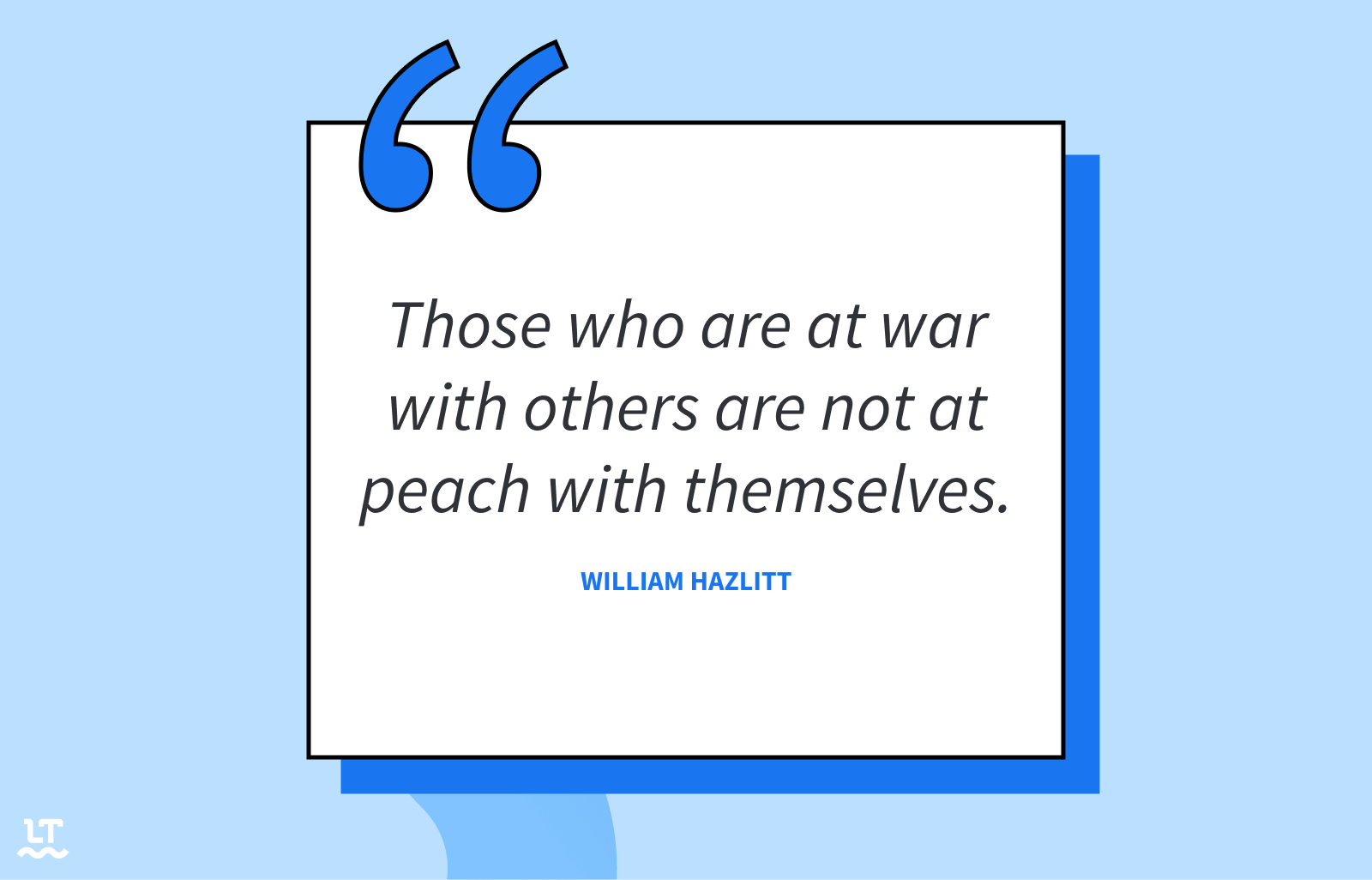Correct Use
- We use reflexive pronouns if the subject and the object of a sentence is the same person.
- Reflexive pronouns are also used for emphasis.
- ○ The little girl injured herself while playing.
- ○ He wanted to impress his new boss, so instead of buying cupcakes, he baked them himself.
Pronouns are an essential part of our writing. One reason for this is the numerous functions these words can cover. Reflexive pronouns, for instance, indicate either that an action is directed to oneself, or emphasis. For now: Enjoy yourself reading about pronouns, reciprocity, and reflexivity.
What Are the Possible Forms of Reflexive Pronouns?
Reflexive pronouns directly correspond to personal pronouns. As there are eight of them, there are also eight reflexive pronouns.
| Personal pronoun | Reflexive pronoun |
|---|---|
| I | myself |
| you | yourself |
| he | himself |
| she | herself |
| it | itself | we | ourselves |
| you | yourselves |
| they | themselves |
Several forms are directly connected to the possessive pronouns (my, your, her, and our), or to the object pronouns (him, it, and them). That is why these potential forms don’t exist:
meself, hisself, itsself, usselves, theirselves
Moreover, the three persons in plural form also show the plural ending “-selves” instead of the singular “-self.” These constructions either don’t exist, or are non-standard forms:
myselves, himselves, herselves, itselves, ourself

Tip
It is important to tell yourself and yourselves apart, since both words exist.
The special pronoun one has its own reflexive pronoun: oneself.
Dancing, writing, and drawing are common ways to express oneself.
The reflexive pronoun of everybody is either the standard themselves, or—the use of (they) themself as a singular pronoun.
Everybody has to look after themselves / themself.
When Do We Use Reflexive Pronouns?
There are two main situations that require the use of a reflexive pronoun.
- If the subject and the object of a sentence is the same person
I made myself a cozy home.
Don’t be so hard on yourself.
The man could eat that pizza easily all by himself.
The woman cut herself in the hand.
An animal can be a beast to itself.
You and I won’t reply to ourselves.
You can’t keep that to yourselves, can you?
They only care for themselves.
In these examples, you can see that you don’t always need the personal pronoun: Nouns can indicate a certain person, the use of an imperative implies “you,” and the conjunction of “you and I” corresponds to “we.”
2. The use of a reflexive pronoun can emphasize the subject (or object) of a sentence. It is worth noting that the pronouns in green might be redundant in many contexts.
I saw that tragic accident myself.
Charity funds rely on people like yourself.
The Queen Herself visited the remote island.
Yesterday, we saw the murderer himself.
No one has ever seen the Yeti itself.
We didn’t plan to go there ourselves.
Did you do that yourselves?
The children didn’t clean the house themselves.
Some idioms require the reflexive pronoun yourself:
Calm yourself!
Behave yourself!
Trust yourself!
Watch yourself!
What Is the Difference Between Reflexive Pronouns and Reciprocal Pronouns?
The correct form of the reflexive pronoun aside, there are some cases that don’t require its use.
- Casual actions of everyday life.
My neighbor washed [Ø] and dressed [Ø] after having breakfast.
2. For emphasis, directly after the subject (mostly redundant, see above)
I [Ø] saw that tragic accident.
3. Do not use the reflexive pronoun to refer to a different person than the subject (→ object pronoun, see who vs. whom)
The man saw him (another man) in the mirror before the murder.
4. Do not use a reflexive pronoun to show mutual interaction (→ reciprocity)
My grandparents have been loving each other for ages now.
The reciprocal pronouns each other and one another (case 4) are sometimes confused with reflexive pronouns. They can only be used for plural subjects, and remain the same, regardless of the exact person.
We / You / They + […] + each other / one another
Comapare:
Members of this company care for each other. (The colleagues are social.)
Members of this company care for themselves. (The colleagues are selfish.)
Help yourself to some practical language tips: LanguageTool offers spelling and grammar corrections, style suggestions, and synonyms for writing successful texts. The mistakes will not disappear by themselves, you can decide which suggestion you want to accept. Only Shakespeare himself would manage to write equally convincingly as you, using the intelligent writing assistant.

